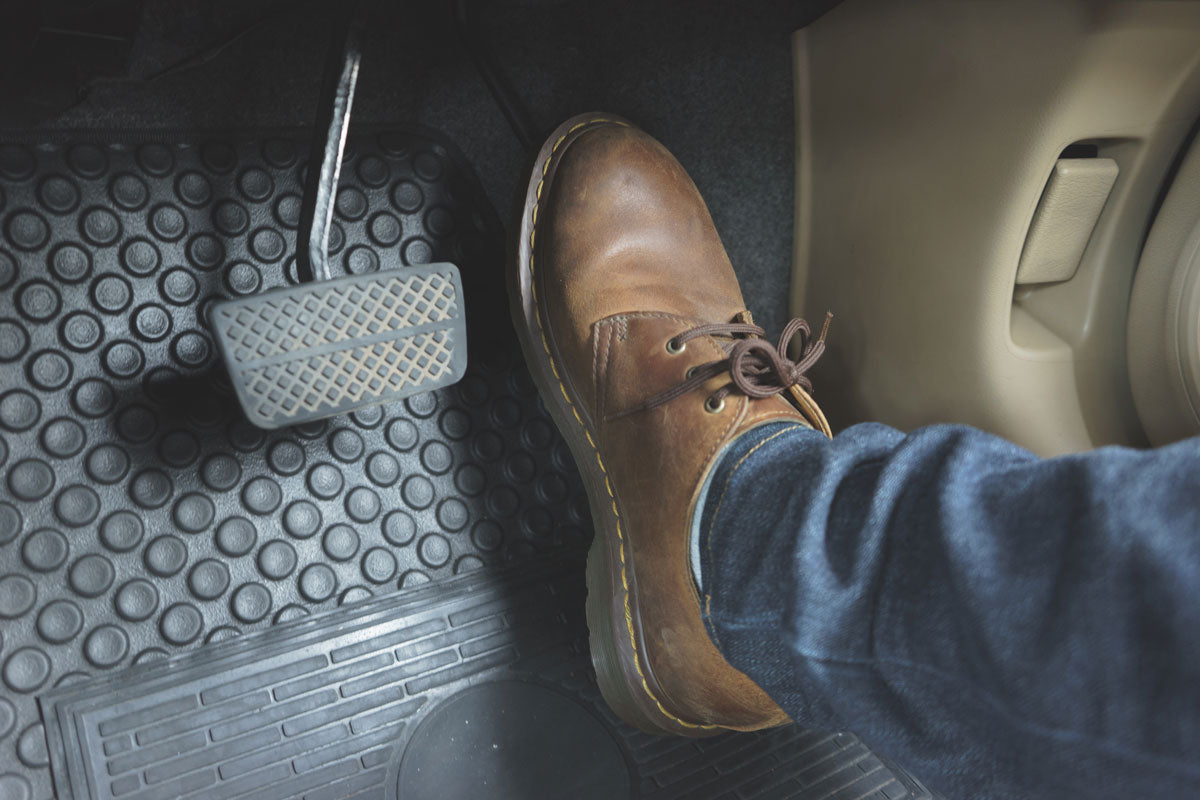Load transfer! 1)
Hello everyone ♪
Are you doing your best "not to grip too tight" or "not to pry" the handle?
This time, let's talk about "load transfer".
It is easy to understand if you have a G-sensor (accelerometer), but the direction of movement of the car is a combination of three directions: front-back, left-right, and up-down.

The load moves backwards when accelerating, forwards when braking, to the left when turning right, to the right when turning left, and up and down if there is a gap.
This vertical load transfer must also be controlled to some extent, but in this article I will talk about the forward and backward load transfer.
This is about acceleration and deceleration, but also about acceleration by accelerator work, engine braking and foot braking.
First of all, the role of the engine brake is only to be used for a "smoothly shifting the load transfer".
When full braking from full acceleration, if there is no engine brake, the center of gravity will move rapidly from the back to the front, and the stability of the car will be impaired, and passengers will also feel uncomfortable.
With some exceptions, the engine brake is used only for postural changes.
Yes, basically I don't use the downshift engine braking.
The reason why the accelerator is pushed when downshifting in a race etc. is because of "Speed = Gear X number of revolutions".
And to sharpen up the next acceleration.
At full acceleration and full braking, try to apply force only in the direction of tire rotation.
Do not tighten your grip on the handle when moving the load back and forth.
And don't pry it.
next time,
Load transfer! 2)
In the next article, I would like to talk about "Left and Right" and "Left and Right + Front and Back".
~AdPower engineer staff~
Click here for the official Facebook page of Ad Power Japan.

